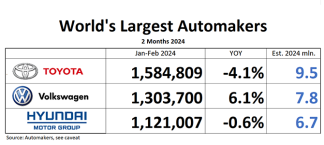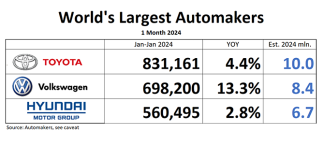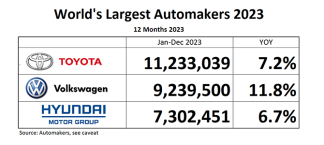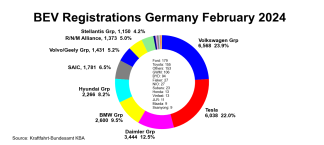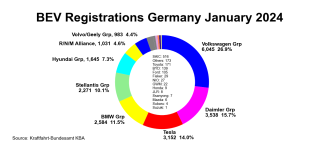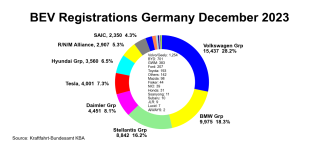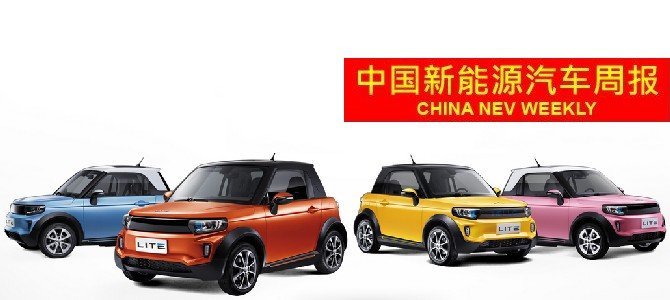
Welcome to Episode 3 of the China NEV Weekly, where we look at the latest New Energy Vehicles from China. Today with electric sports cars, trendy electric minis, and big electric trucks. Yes, trucks. Been there, done that.
Leap Motor LP-S01
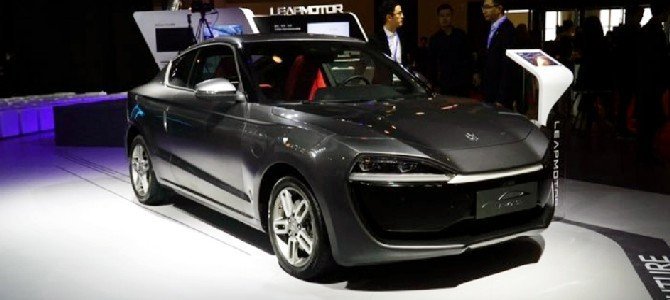
It is widely believed that EVs would be more easily accepted if there was just an affordable small electric sports car.
A new Chinese company called Leap Motor is taking up the challenge with the LP-S01, a trendy two-door 2+2 coupe about the size of a Mazda MX-5 Miata.
Leap Motor was founded earlier this year, and is headquartered in Zhejiang Province. Initial investments stands at 2.5 billion yuan or $380 million. Their factory is under construction and will have a full annual capacity of 250,000 units per year. Or so they say. They would have to invest much more to pay for that kind of capacity.
The LP-S01 has an electric motor with 170 hp and 250 Nm, and a claimed range of 360 kilometers. There will be fancy tech including a face recognition system to access the vehicle and an app that enables the owner to remotely access the car’s video feed – just inm case someone absconds with it.
It will cost about 110,000 yuan or a paltry $16,950 (after subsidies). Bad news: it won’t be available until March 2019.
BJEV Arcfox Lite
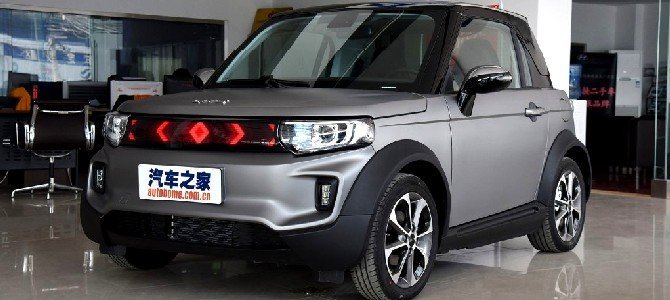
This is the first vehicle of the new Arcfox brand, the BJEV Arcfox Lite, a two-seat electric city car,
Arcfox is aimed at young, childless, trendy, affluent city folk with office jobs. The brand is owned by BJEV, which in turn is a subsidiary of Beijing Auto Industry Corporation (BAIC). Their next car will be an EV supercar.
The Lite comes in all kinds of funky punky colors and it has LED screens fore and aft where the driver or the passenger can display any text or emoticon they want, in English or Chinese. The dashboard is fitted with three 8 inch displays enabling the passenger to watch a movie while the driver checks his WeChat.
Power comes from a 49 hp electric motor over the front axle. Not that many horses but the Lite weighs only 895 kilo. Price starts at 93,800 yuan and ends at 106,800 yuan ($14,160 – 16,122).
In the near future Arcfox will also offer new-ownership models, such as car sharing and car pooling.
Hawtai Shengdafei 5 PHEV
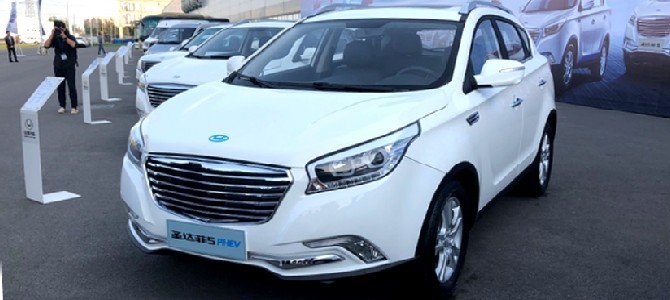
Hawtai is a mid-sized brand that became famous when they tried to save Spyker/Saab, and failed. They had a license agreement with Hyundai, and when that ended in 2010, they continued using Hyundai technology for their own brand.
All their SUVs are based on the platform of the first-generation Hyundai Santa Fe, including the Shengdafei (which is the Chinese name of Santa Fei. Hawtai snatched it before Hyundai did).
In the early 2000’s, Hawtai was known for developing rather advanced diesel engines, at a time when diesel-powered passenger cars were already banned in most cities. Bad timing. They got their sanity back with a new range of NEVs, including the Shengdafei 5 PHEV.
Its drive train consists of a 1.5 liter four-cylinder petrol engine, and an electric motor with a combined output of 185 hp. Hawtai claims an impressive range of 800 kilometers. The Shengdafei 5 PHEV will cost about 90,000 yuan, or $13,560.
A word on electric commercial vehicles
Many say that China has billions of companies building electric passenger cars. That is (nearly) true. But China counts even more companies that are building electric commercial vehicles, ranging from mini-minivans to dump trucks to garbage trucks to all sorts of 3-wheel trucks to heavy trucks.
Commercial vehicles, like buses, are ideal for electrification. They usually drive the same route every day, so there is no need for range anxiety, and they can charge up at night, so there is no need for expensive super chargers.
Chinese companies have seen a light, and are churning out new electric commercial vehicles faster than a Tesla sprints to 60. They are being used too: most small-delivery vans here in Beijing are electric already, and electric buses are fast replacing the old diesel-powered stinkers.
Dongfeng Junfeng EM10
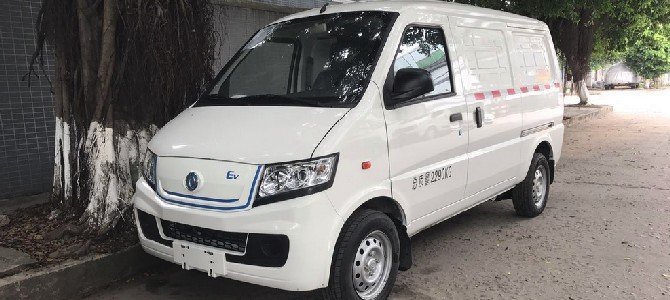
Dongfeng makes a wide range of mini-minivans under various brand names. These mini-minivans are called mianbaoche in China, best translated as ‘breadvan’, because their shape resembles that of a Chinese bun.
Junfeng is a new brand, focused on building electric delivery vans. (Chinese car makers can never ever launch enough brands.) The EM10 is their first car, based on an existing gasoline-powered van. It has a techy closed grille with some blue detailing, and a blue Dongfeng badge.
Power comes from an electric motor with 57 hp. Junfeng claims a range of 242 hp. The EM10 has a max load capacity of 515 kilo. It is truly small, 4.1 meters long, and 1.6 meters wide.
Yuejin EC100
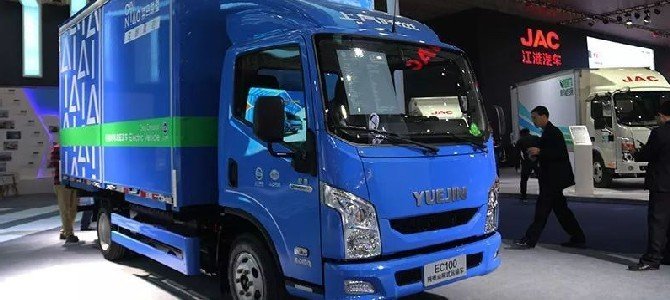
The Yuejin EC 100 stands on the other side of the electric commercial vehicle spectrum; a mid-sized six meter long truck that can carry a load of 1.5 ton.
Yuejin is a large commercial vehicle maker owned by Nanjing Auto, a large conglomerate best known for its long-running joint venture with Iveco. Nanjing Auto in turn is a subsidiary of Shanghai Auto Industry Corporation (SAIC).
Yuejin is fast electrifying their entire lineup, and the EC100 is the latest addition. Power comes from a single electric motor over the front axle, good for 136 hp. The motor is mated to a big 76 kWh battery pack. Yuejin claims a range of 250 kilometers. Interestingly, they also claim that driving a EC 100 is a “fun experience”.
Can’t wait to try! More NEV next week.
